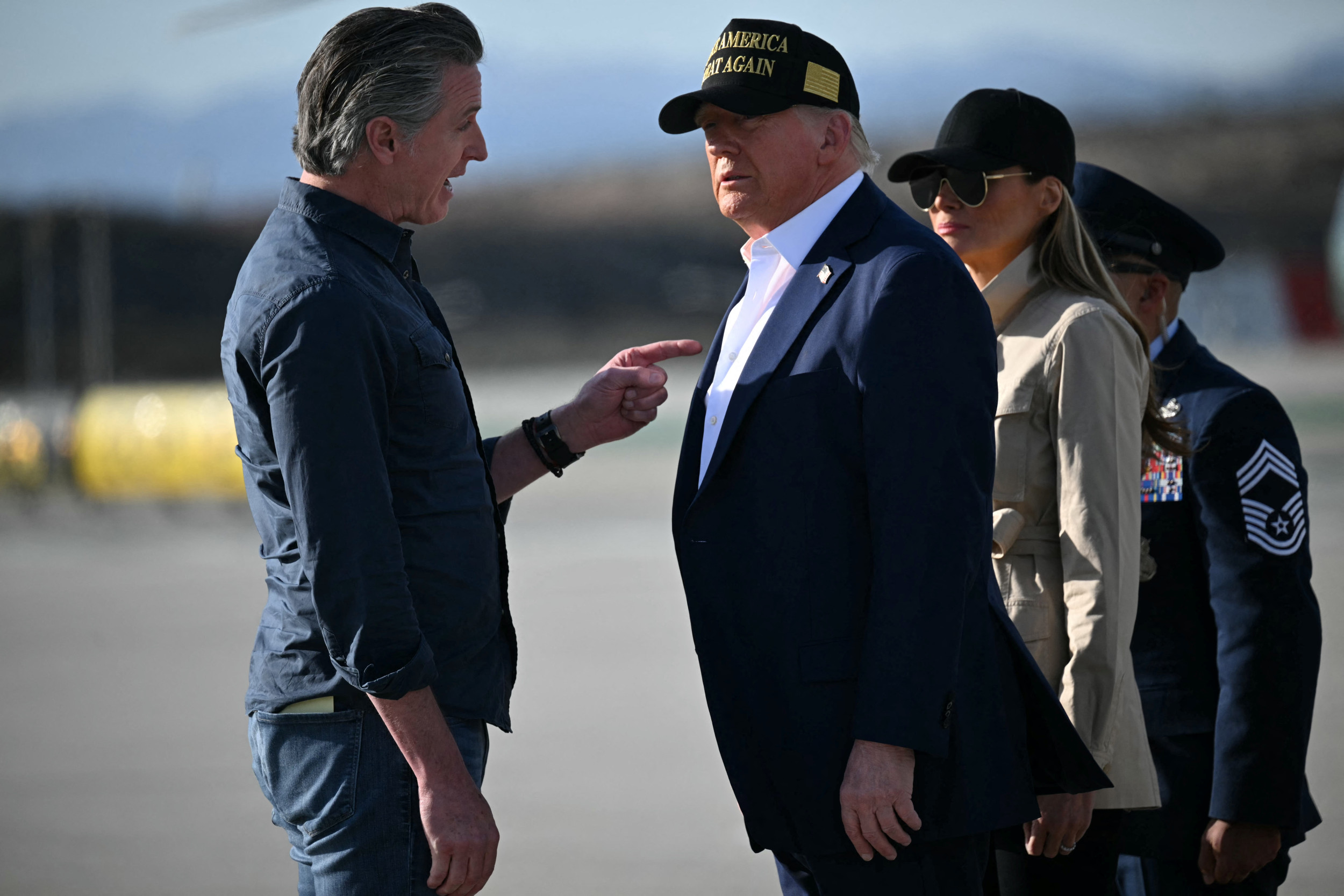The Trump administration has announced the withdrawal of approximately 2,000 National Guard troops from Los Angeles, a significant move that comes in the wake of mounting protests against immigration raids.
Did You Know
A day on Venus is longer than a year.
?
AD
Initially deployed in early June, the troops were part of a larger force aimed at maintaining order amid escalating civil unrest sparked by federal immigration enforcement actions. This deployment, which also included around 4,000 National Guard members and 700 Marines, was made against the wishes of California Governor Gavin Newsom, reflecting the contentious nature of federal-state relations regarding immigration issues.
Los Angeles Mayor Karen Bass hailed the troop withdrawal as a necessary retreat, emphasizing that the protests were organized peacefully and led to legal actions challenging the federal deployment. This decision highlights the effectiveness of civic activism in influencing policy changes at the national level. The presence of National Guard troops had raised concerns about the militarization of public spaces and the potential misuse of military authority in addressing civil matters, as many viewed the deployment as an inappropriate response to protests against immigration enforcement by ICE.
The ongoing saga surrounding the withdrawal of troops underscores broader national conversations about immigration policy, state power, and community rights. In a polarized political environment, this decision signifies both a local triumph for civil liberties and a poignant reflection on the intersection of national security and social justice. As Los Angeles navigates these complex issues, the implications of military involvement in domestic protests continue to resonate, prompting communities across the nation to engage in critical discussions about the future of democracy and governance.
Q&A (Auto-generated by AI)
What led to the National Guard deployment?
The deployment of the National Guard to Los Angeles was primarily a response to widespread protests against immigration raids initiated by federal authorities. In early June, approximately 4,000 National Guard troops and 700 Marines were sent to the city to manage tensions and protect federal properties amid escalating demonstrations. These protests were fueled by concerns over immigration enforcement and its impact on local communities.
How do protests influence military decisions?
Protests can significantly influence military decisions by highlighting public sentiment and safety concerns. In this case, the protests against immigration raids prompted the Trump administration to deploy National Guard troops to maintain order. However, sustained public pressure and legal challenges from local leaders, such as Mayor Karen Bass, ultimately led to the decision to withdraw the troops, reflecting the power of civic engagement in shaping military policy.
What role does the National Guard play in protests?
The National Guard plays a crucial role in managing civil unrest and maintaining public order during protests. When deployed, they support local law enforcement by providing additional personnel and resources. Their presence aims to deter violence and protect property. However, their deployment can also be controversial, as it may escalate tensions between protesters and authorities, particularly in politically charged situations like immigration enforcement.
How does federalism affect state military actions?
Federalism impacts state military actions by delineating the powers between state and federal governments. In this context, the Trump administration's decision to deploy the National Guard in California was made without the consent of the state's governor, Gavin Newsom. This tension highlights the complexities of federalism, where state leaders may oppose federal military actions that they perceive as unnecessary or harmful to local communities.
What are the implications of troop withdrawals?
Troop withdrawals can have significant implications for local security and public perception. In this instance, the withdrawal of National Guard troops from Los Angeles was viewed as a retreat in response to pressure from local leaders and residents. It may signal a shift in federal policy regarding military involvement in domestic issues, potentially affecting future responses to civil unrest and the relationship between state and federal authorities.

















